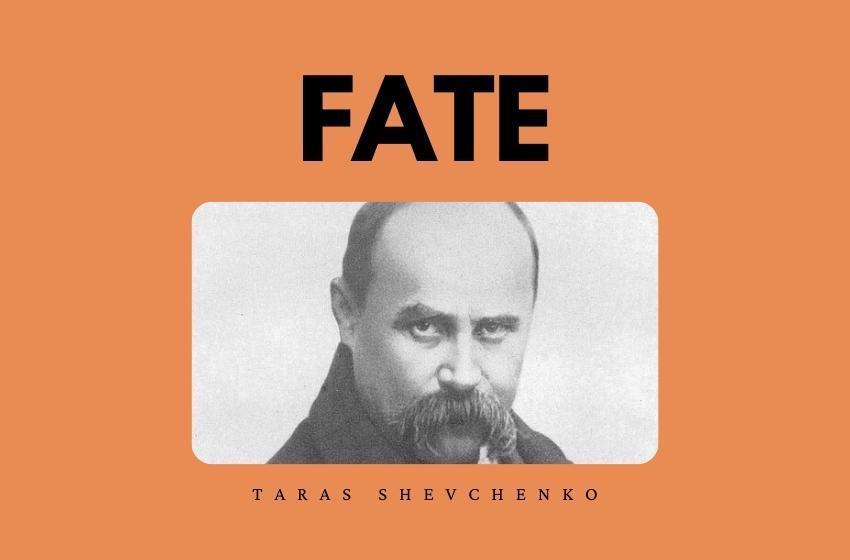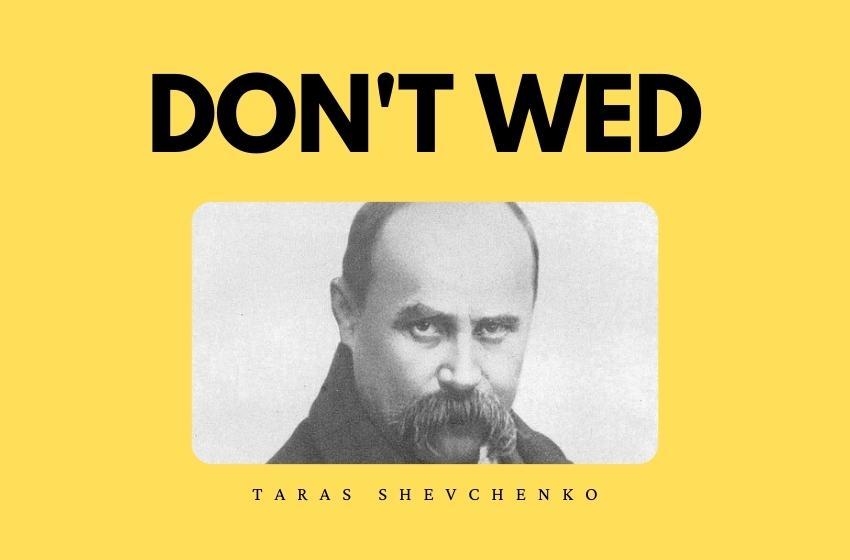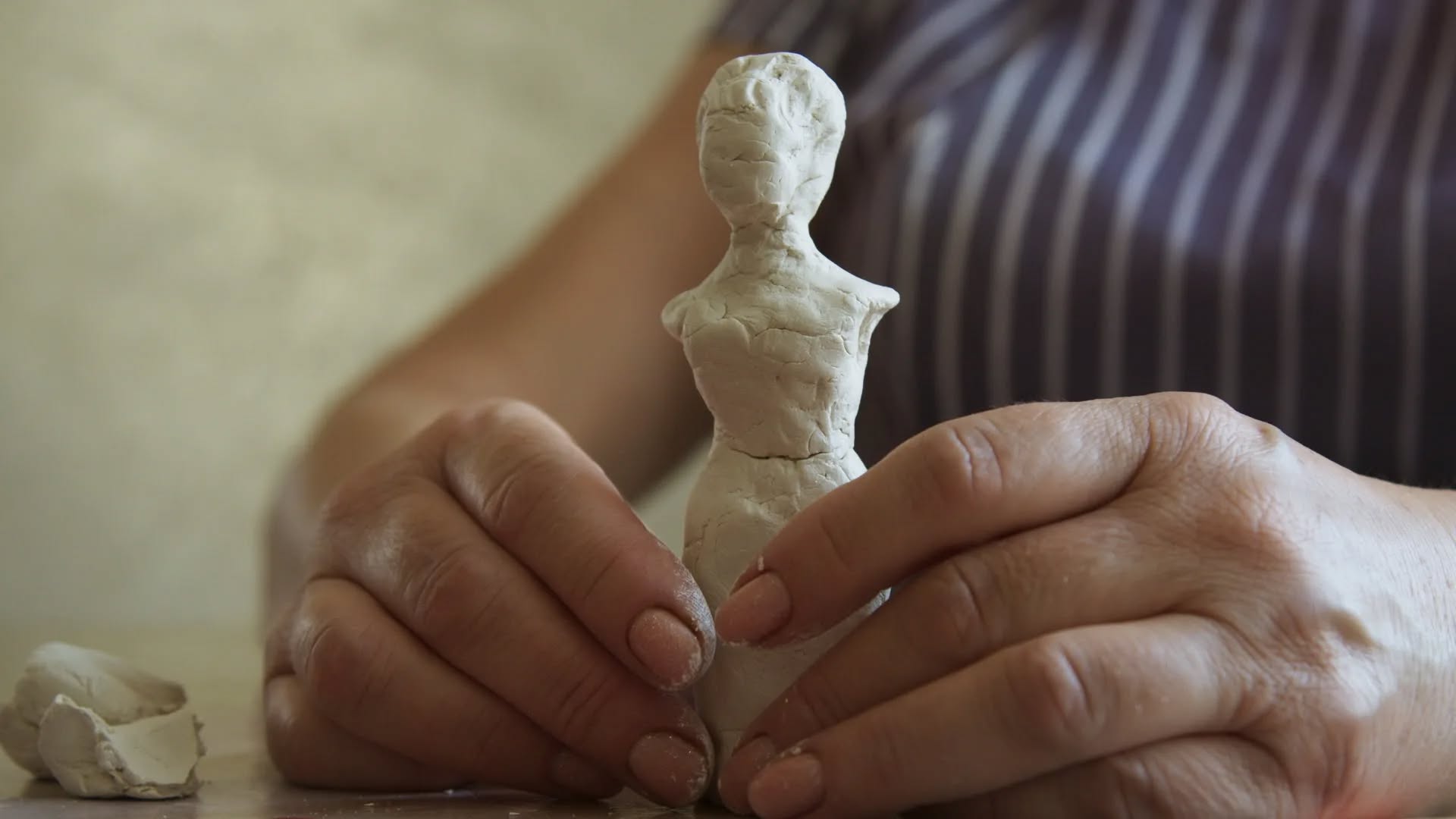The Odessa satire is broad in all the stories, and in many ways they reminded us of Ilf and Petrov, and also Bulgakov – but as all of the writers were friends and relations, and were all in effect drawing from the same well of experience, we guess that’s inevitable.
An enormous unshaven man in a sinister-looking tailcoat clambered up onto the stage of a provincial club.
After loudly clearing his throat he asked in a hoarse whisper,
“But where is the accompanist?†the accompanist?â€
“Why, comrade lecturer,†said Sasha anxiously, “this is a lecture on home brew, on samogon. And our fight against it. What do you want music for?â€
“A lecture? Hm…. And maybe I’d better sing something, eh? Something, say, from the Demon?â€
“Ho-ho! But this is a lecture!â€
“Honest, I’d rather sing. So help me…. Something … you know …
“On … the earth all hu-oo-man-kind Wo-hor-ships one divi-hi-ni …â€
“But please, please! This is a lecture. Anti-samogon and temperance and such…. That’s what the announcement says.â€
“Really? Oh, well. Hm, hm!â€
The man in the tailcoat let out a deep cough, put his hand on his throat, shook his head, and stood in position
The chairman rang the bell.
“Comrades, you are called to order. Our comrade from the Center will talk on the subject of home brew, and so on, and so forth. The subject is most important in social significance for workers, and if there’s any that prefer dancing, they can leave the hall right now. The comrade from the Center has the floor.â€
The lecturer looked around him with pale, bluish eyes, bent forward, and said,
“Comrades! At this dire hour, when the Soviet Republic groans before the machinations of the hirelings of world capitalism, we cannot remain indifferent. All as one! Am I right?â€
“Right,†disapprovingly affirmed the audience.
“Yes, comrades! We, all of us to a man, must join in the fight against home brew. Thousands of people drink it, and thousands of people are poisoned every day by this harmful poison that destroys the organism. Am I right?â€
“Some get blind, too,†said a brisk female voice from the hall.
“Correct, citizen! A v-very apt remark. Exactly, they get blind. It happens. And deaf. Hon-est…. And so, comrades, we see that home brew is a terrible poison and a scourge. And why?â€
The lecturer gave the hushed audience an annihilating look. “And wh-hy?â€
He held out an effective pause. Then, after savoring the silence to the full, he raised his voice: “And the reason, dear comrades, why home brew is so harmful is that we haven’t learned as yet to purify it properly. And what can be simpler than to purify home brew? It’s a cinch. To one pail of brew, take three pounds of common, ordinary, completely unremarkable salt—â€
“Coarse or fine?†quickly asked someone in the hall.
“Fine is best. But, of course, you can use coarse salt, too. Well, then, you put this salt into the brew and cover the pail with something warm. A blanket, say.â€
“Will a pillow do, comrade lecturer?â€
“You can use a pillow, too. It’s even better with a pillow. Yes, dear comrades. Then take, say, five or six pounds of plain, elementary cranberries—â€
“Cranberries!†ecstatically shrieked a woman in the third row, slapping her thighs.
“Well, I never! Cranberries!â€
“Exactly, cranberries,†triumphantly exclaimed the lecturer.
“Plain, simple cranberries; then cook said cranberries on a slow fire, adding some yeast, chalk, and soda!â€
“A lot of yeast?â€
“And soda?â€
“Comrade lecturer, and what if—â€
“Easy! Easy! Let us hear. Don’t push. How much yeast should you add?â€
The hall was in an uproar. The people in the rear pushed those in front. Women squealed. Notes flew to the stage.
“Comrades, not all at once! Order, please. This note asks: ‘Can you add some pepper and tobacco to the brew to make it stronger?’ I answer: Of co-ourse not! Pepper and tobacco do create an impression of strength when added to the home brew, but in reality they do not make it stronger, and your head aches like the devil afterwards. Well, then … I continue. And so, dear comrades, when the cranberries are thoroughly cooked and discharge their juice, take a strainer, the simplest, most primitive kitchen strainer, which-â€
The chairman was pale. “Comrade lecturer, a little nearer to the subject, please.â€
The public roared: “Let him speak! We demand, we demand! Don’t interfere! How much soda? Ground chalk or in lumps? Let him tell again about the strainer.â€
The lecturer, with lowered head and half-closed eyes, continued.
“Then, dear comrades, rub this whole business through the strainer into a recipient …â€
“Sip it! Oh, Lord, sip it already?â€
“Isn’t that something?†“… into a clay recipient, where you have first put …â€
The chairman clutched his head and bounded off backstage. Sasha stood leaning his cold, sweaty forehead against the window.
“Sasha,†the chairman howled in anguish, “he is demoralizing the audience. He doesn’t look like a doctor, either. Maybe you made a mistake and brought somebody else?â€
“I made no mistake,†said Sasha dully. “I went to the hotel myself, room number 8.â€
The chairman began to tremble.
“It was 18, not 8! Help! Drag him from the stage! Not 8—18! Curtain! Curtain! You’ve got it all mixed up. The fellow in 8 is an actor. Blockhead!â€
Sasha convulsively pulled at the curtain.
But it was too late. The lecturer was now standing in the middle of the hall, surrounded by the enthusiastic audience and answering the notes.
The chairman bent down and peered through a slit in the curtain. For a moment his face expressed despair. Then it brightened. Anxiously he swung forward and suddenly shouted hoarsely into the hall, “Comrade lecturer! And what, for instance, if you put too much yeast into the brew and it thickens, the scurvy thing?â€
And with these words, he plunged into the thick of the knowledge-seeking crowd.
1925
Translated by Mirra Gisburg





















